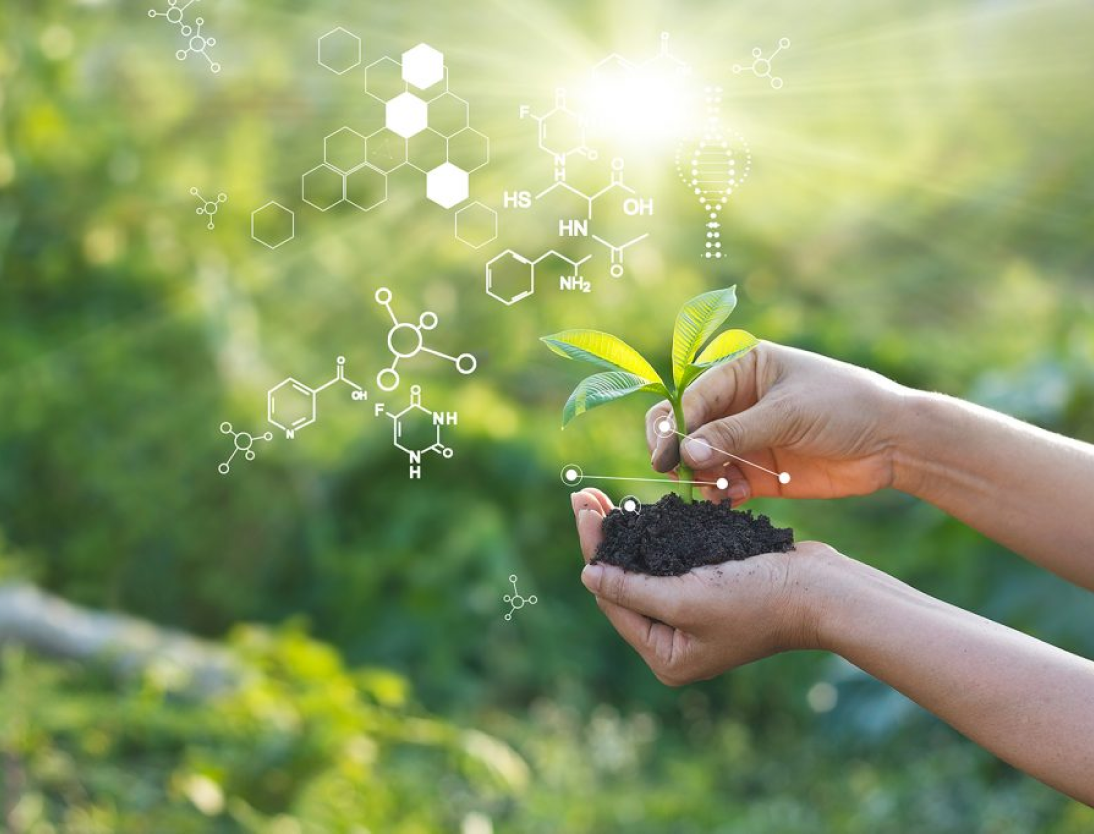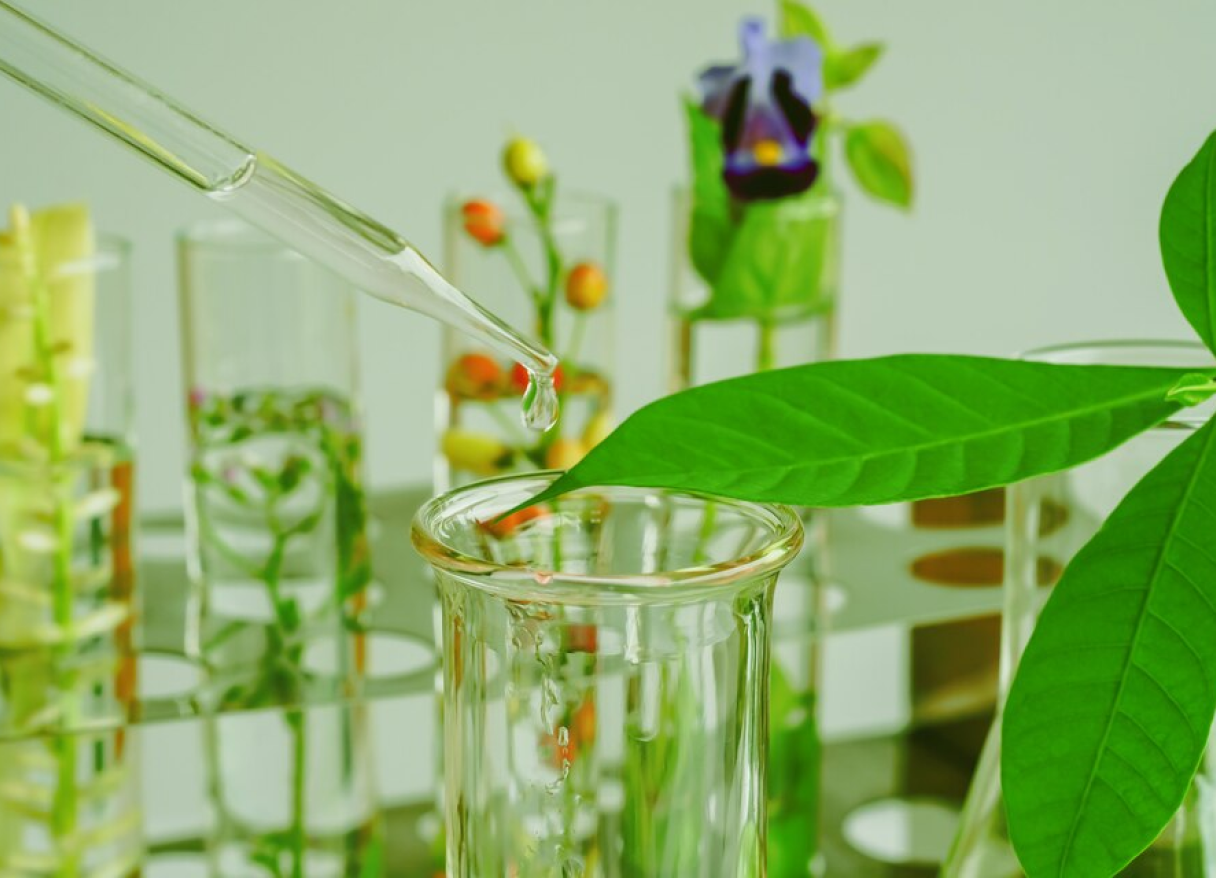Plant BioTech
Plant biotechnology is a field of science that involves the application of various techniques and technologies to improve and manipulate plants for agricultural, industrial, and environmental purposes. It is a subset of biotechnology, which focuses specifically on plants.
Plant bio-tech
-
Genetic Engineering:
Genetic engineering involves the manipulation of an organism's genes to achieve desired traits. In the context of plants, this can be used to introduce specific genes from other organisms, enabling the plant to express traits it would not naturally possess. For example, scientists have developed genetically modified (GM) crops that are resistant to pests, herbicides, or diseases. -
Transgenic Plants:
Transgenic plants are those that have been modified using genetic engineering techniques to carry genes from other species. This allows plants to express novel traits, such as increased nutritional content or enhanced resistance to certain stressors. -
Genome Editing:
Genome editing techniques, such as CRISPR-Cas9, allow precise modification of a plant's DNA without necessarily introducing foreign genes. This technique has the potential to create plants with specific genetic changes that are more subtle than traditional genetic engineering. -
Synthetic Biology:
Synthetic biology involves designing and constructing new biological components, devices, and systems. In the context of plant biotechnology, it can be used to engineer plants with custom-made pathways for enhanced productivity or novel characteristics. -
Biofortification:
Biofortification is the process of enhancing the nutritional content of crops, particularly in terms of vitamins and minerals. This is crucial for addressing micronutrient deficiencies in populations that rely heavily on staple crops.
"Harvest the Goodness: Unleash Organic Power of IRA PLANT BIOTECH PRODUCTS for Vibrant Plant Growth!"

More Benefits
- Through genetic engineering and other biotechnological approaches, scientists can develop crops with increased resistance to pests, diseases, and environmental stressors. This leads to higher crop yields, which are crucial for feeding an ever-growing global population.
- By creating genetically modified crops that are resistant to pests or tolerant to specific herbicides, farmers can reduce the need for chemical inputs. This has the potential to lower the environmental impact of agriculture and decrease exposure to harmful chemicals.
- Biotech crops can be engineered to require less water, fertilizer, and other resources, contributing to more sustainable agricultural practices. Additionally, some plants can be designed for phytoremediation, helping to clean up contaminated soils and water bodies.
While plant biotechnology offers numerous benefits, it's important to consider potential risks and ethical concerns as well. Proper regulation, responsible deployment of technologies, and transparent communication are essential to ensure that the benefits of plant biotech are maximized while minimizing potential drawbacks.

